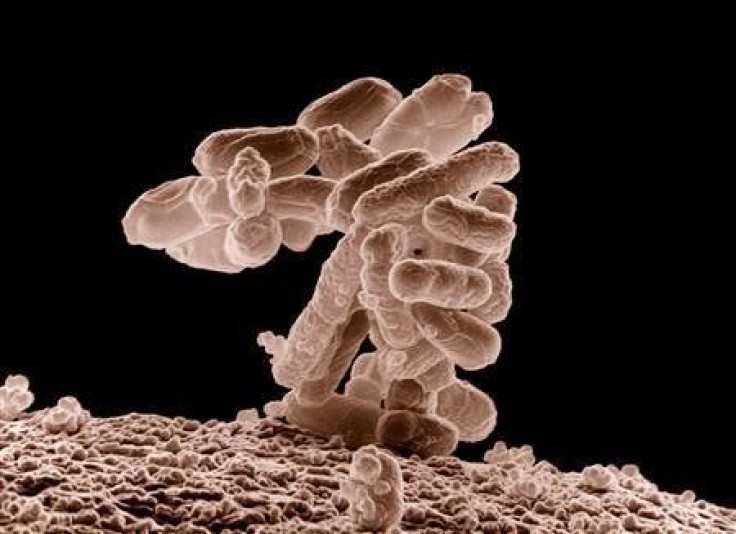Singapore Researchers Modify Harmless Bacteria to Kill Off Infection

Researchers in Singapore have re-engineered a harmless strain of bacteria to fight another common, drug-resistant microbe that spreads in hospitals and is deadly to patients with weak immune systems.
Biologists Nazanin Saeidi and Choon Kit Wong found a new way of killing Pseudomonas aeruginosa, an opportunistic species that thrives wherever humans are weak.
To fight the Pseudomonas aeruginosa bacterium, the scientists used a strain of the E.coli bacteria that is normally present in the human gut.
They inserted into E.coli foreign DNA fragments that empowered it to sense the offending pathogen and quickly produce and release a deadly toxin.
CBS News reports, the "suicide" bacteria commonly infects hospital patients whose immune systems have taken a hit, and targets any tissue it can get a foothold on - lungs, bladders, guts - and it often causes fatal infections.
Saiedi and Wong said they used a common, well-known lab bacterium Escherichia coli, or E. Coli, as a sacrificial pawn to seek and destroy this dangerous bacteria and threat to human immune systems.
"Once it (re-engineered E.coli) detects the presence of the aeruginosa, it produces a toxin ... and the killing molecule will be released to kill the pathogen," said assistant professor Chueh Loo Poh, a member of the research team at the Nanyang Technological University's School of Chemical and Biomedical Engineering.
"Our engineered bacteria inhibited the growth of the (pathogen) by 90 percent," said lead author of the paper, assistant professor Matthew Wook Chang.
While many antibiotics unleash a blanket attack on both good and bad bacteria, the re-engineered E.coli targets specific invaders, in this case, the P. aeruginosa.
The same formula can be used to redesign other microbes to fight other infective agents, such as the Vibrio cholerae which causes cholera, said Chang.
"We can easily change the sensing device," he added. Apart from offering possible new therapies, the team believes re-engineered bacteria can be made into probiotics and consumed in food such as yoghurt.
Probiotics are live bacteria that are beneficial to their hosts. The team is now testing its re-engineered E.coli on animals and hope to carry out clinical trials in people infected with Pseudomonas aeruginosa later.
© Copyright IBTimes 2024. All rights reserved.











